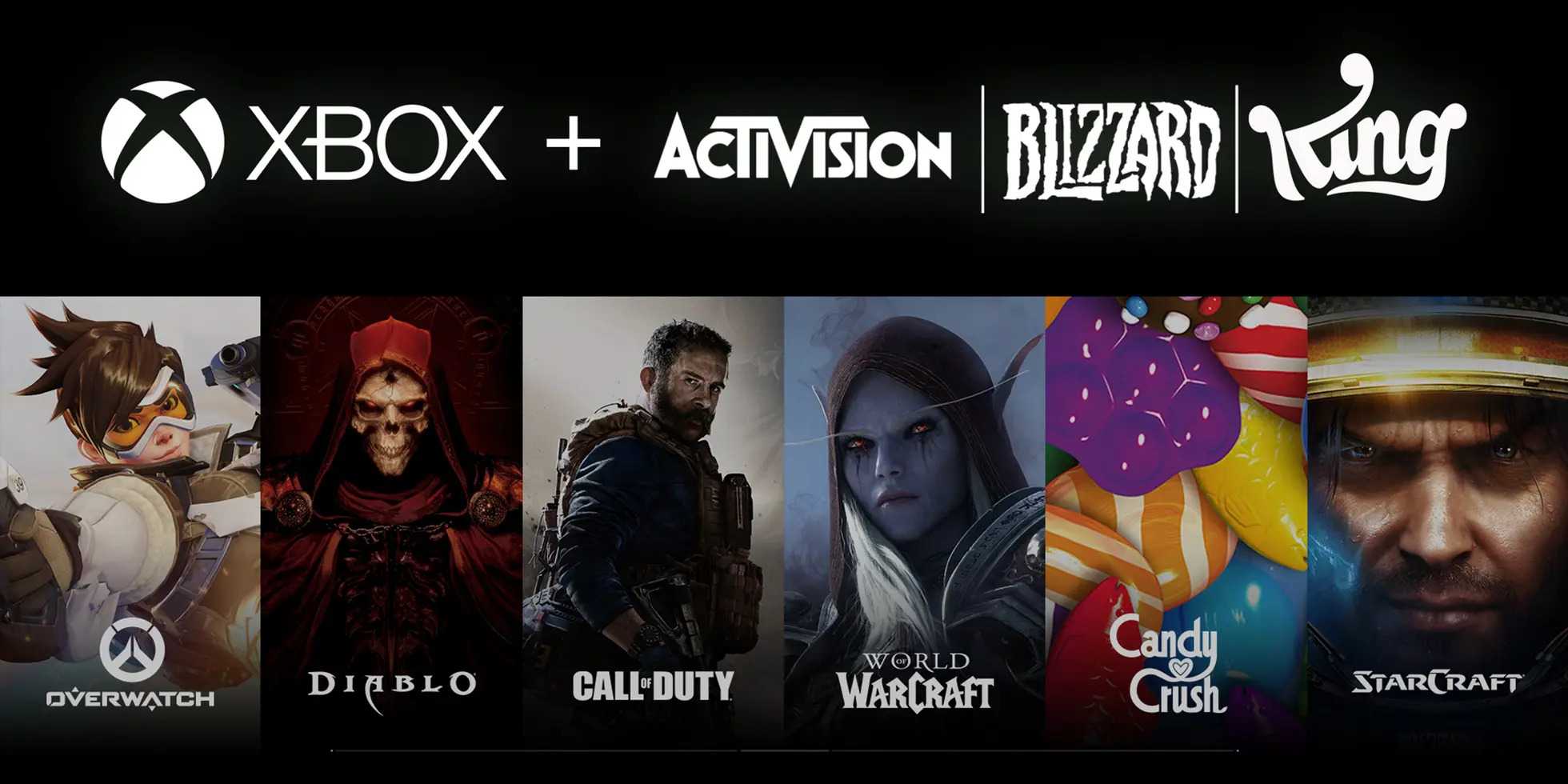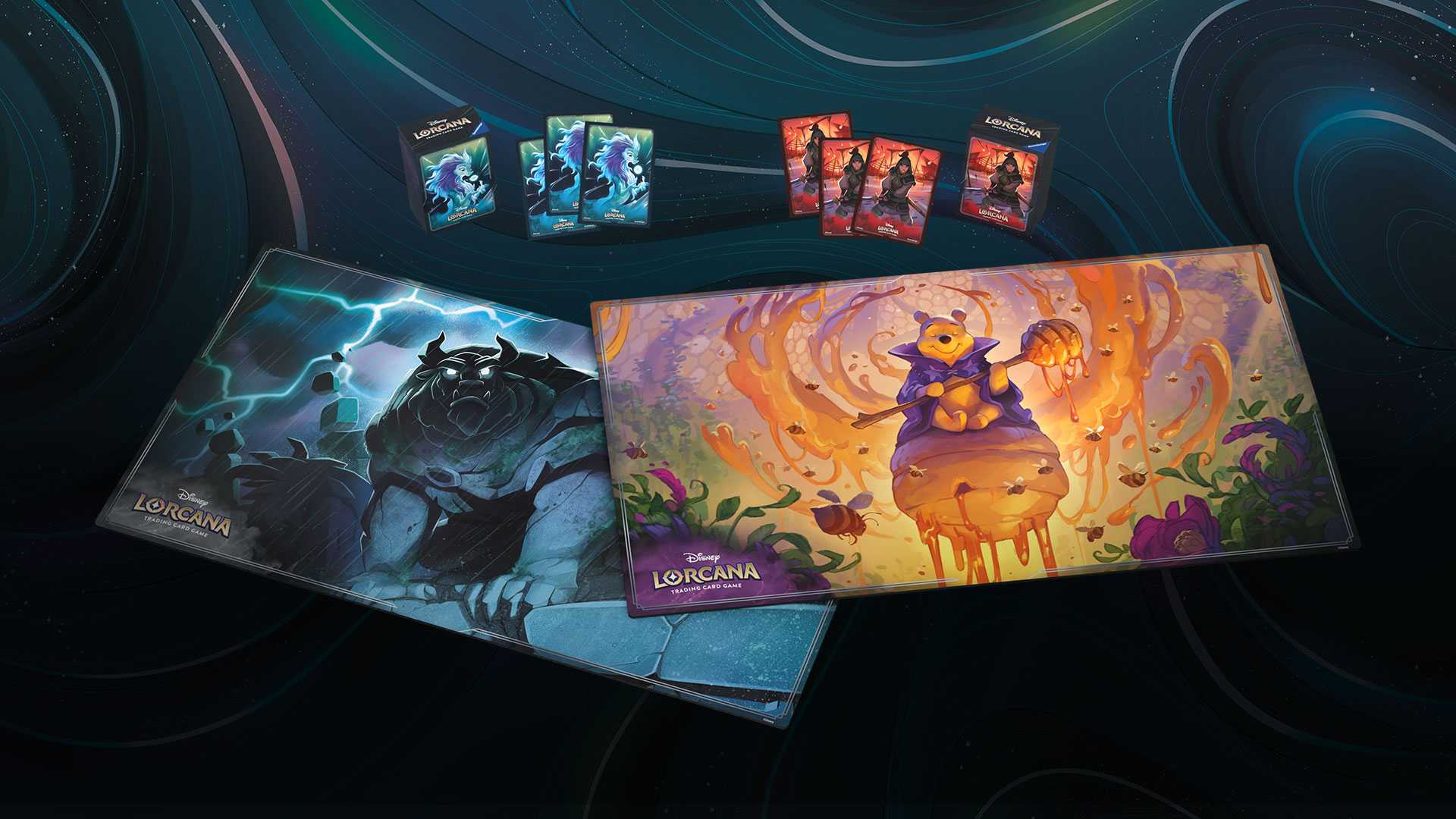It’s been a challenging period for the video game sector, as the three console makers (Nintendo, Xbox, PlayStation) all saw their quarterly revenues drop, and it was a mixed bag for other major game companies. Activision Blizzard’s net profit dropped 70% as revenues fell 29% during the second quarter while metaverse platform Roblox posted much smaller revenue growth (30% compared to over 80% two quarters earlier). Point-of-sale tracker The NPD Group has reported that spending on video games fell 11% in June and the firm expects a total decline of more than eight percent in 2022.
What’s happening? Aside from ongoing supply constraints for hardware makers as a result of continued shortages of semiconductor equipment worldwide, people are simply finding more ways to enjoy their leisure time outside – something that Hiroki Totoki, Sony’s chief financial officer, directly blamed for his company’s results on a recent earnings call. Similarly, Microsoft CFO Amy Hood, explaining a decline in Xbox revenues, cited “lower engagement hours and monetization in third-party and first-party content.”
The game industry has experienced numerous delays this year as well, and there are fewer AAA releases to choose from. Additionally, consumers may be feeling inflationary pressures and be unable or unwilling to spend as much as they did when they were staying home.
“The job market is still hot, there is plenty of froth on the economy causing aggressive inflation and the relaxation of COVID restrictions are leading consumers to consider spending on more experiences outside of the home,” Jesse Divnich, Senior Vice President at Interpret, told Reuters.
Interpret’s New Media Measure® shows that money spent per hour on games has been dropping quarter-over-quarter in the US since Q4 2021, indicating that gamers are looking to extract more value for their hard-earned cash. While game spending can certainly be impacted by seasonality, Interpret data shows that gamers are more frugal now than they were at the height of COVID.
Some have called the video game industry “recession proof,” and while that doesn’t quite hold true, Interpret believes that games are recession resistant. As the pandemic transitions to an endemic phase (the CDC recently eased its COVID guidelines), it’s to be expected that consumers would spread their dollars across other activities. Gaming remains resilient, however, and these bumps in the road are very likely to be temporary.
“While the 2008 recession made an initial negative impact, video games ultimately rebounded and thrived. In 2022, video games are more accessible than ever, demographically and globally. There are more screens in the household than ever before, and there are thousands of great games that anyone could play for nearly free, on any screen in the house,” Divnich said.
Ready to level up your career? Check out Interpret’s Careers page for current openings and join our squad of Fun Scientists!







